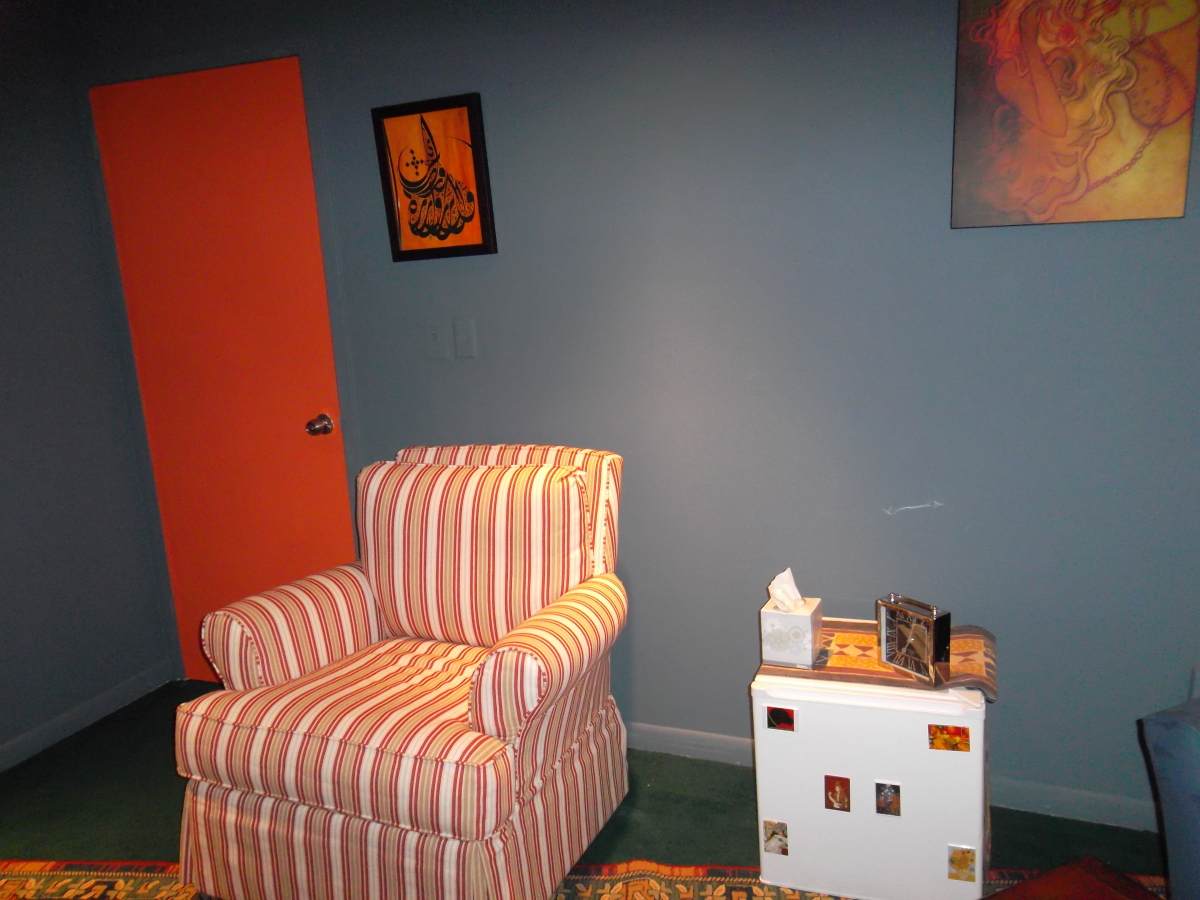Tolerating your teen’s intense emotions and overcoming parental guilt and anger
/Teenagers aren’t easy. They can be demanding, intense and moody. In the normal world of adults you have more control over how difficult people are involved in your life. When it comes to your difficult teenager there’s little choice but to be involved. So what do you do when you notice that your teenager’s words and behavior can provoke out of control and equally intense reactions in you? This is a question that I am often asked in my practice and I always say the same thing. Gain some emotional distance. Don’t take it personally and don’t expect them to behave like mature adults all the time. For me it is helpful to conceptualize your role as a parent in the following way.
You are not your teenager’s friend. And if you’re trying to be, trust me, it’s a bad idea. Don’t expect them to alter their behavior because of how bad it makes you feel. That effort is similarly doomed. You are the director of the Civilized Human Training Program of which your teenager is a student. Your job is to approximate outside-of-the-home conditions that will allow your teenager to learn to be a well-adjusted person in the real world.
This is not to mean that you should be an impersonal tyrant. Part of being well adjusted is knowing how to get and give in relationships. You should be emotionally supportive, nurturing and giving but you’re by no means a door mat! The balance can be hard to strike but as they get older they should be relying less and you and more on themselves. Although, you should always make time to be open, understanding and comforting to your teenagers an important note is that being soft and open in the personal relationship does not been being indulgent when it comes to the implementation of rules. You can listen to and empathize with your teenager and at the same time firmly uphold the rules. In fact, you should!
Teenager might rebel and say that they hate you for being firm but teenagers need to feel safe, even from themselves. You can give them this feeling of safety by tolerating their explosions or their tantrums. This gives your teenager the feeling that although they might be losing it, you are still in control and in charge. This makes them feel cared for and safe. Remember they’re in a tricky spot. They have some adult capabilities and powers but in ways they are still childlike. It makes sense that they would experiment with trying to take their freedom from you. The flip side is that deep in the heart of every defiant, explosive teenager there is fear and dread of what could happen if they really had that freedom. The irony is that if you chose to give it to them, they will resent you for not protecting them from it. Additionally, being able to absorb the worst of what your teenager can through at you helps them be more tolerant of their own intense emotions.
So, what’s the problem that I often run into? Parents have a hard time tolerating their teenager’s intense moods, defiance, anger, sadness, you name it. So then what happens? The teenagers feel that their emotions are dangerous and can overwhelm people so they shouldn’t share them. They feel that their parents cannot handle what they’re going through. They have a hard time believing that their parents can help them so they do the best they can with the freedom they wrestle from them that deep inside they know they shouldn’t have. Guilt is huge in this equation sometimes.
It is not your job to put a smile on your teenager’s face or to make up for bad things that are happening to them or that have happened to them in the past. Simply put, it is your job to be emotionally supportive, to show them plenty of love, and to provide them with a safe and predictable environment. The trouble comes when parents cannot provide emotional safety and predictability because they cannot tolerate their teenager’s anger or frustration so they cave when it comes to rules. Because of their intense feelings of guilt they cannot bear to see their teenagers appropriately frustrated when they are not getting their way. Parental guilt that interferes with discipline, limits and boundaries is the parent’s problem, not the teenager’s problem.
Another problem is parental anger. Teenagers need to feel that their parents are firmly and benevolently in control. When parental anger is reactive and strong teenagers may feel that they are being punished because their parents are angry, and angry at them, not because they broke the rules. This creates a situation where it is easy for the teenagers to take the punishment personally because they see you taking it personally. Rules liberate parents to do what is good for their teenagers without having to make it a personal issue. Just like parental guilt, parental anger is also not the teenager’s problem to fix.
Between adults it is reasonable to expect that if someone knows that something that they are doing and saying is offending you or making you angry that they will stop or risk the relationship. The problem with that strategy with teenagers is that they should never feel that they are in danger of destroying the relationship that they have with parents. This goes back to the idea of providing a feeling of safety.
So what’s the bottom line? If you have trouble controlling yourself then your teenager will suffer for it. Getting the help you need to be a better parent is the absolute best way to help your teenager grow up to be happy and successful!
Please share my article. Thank you!
By Miguel Brown









